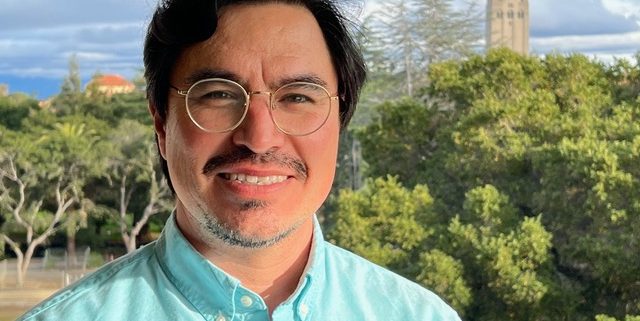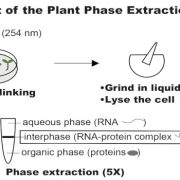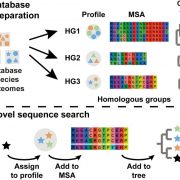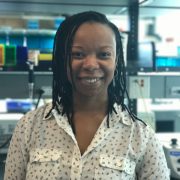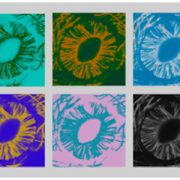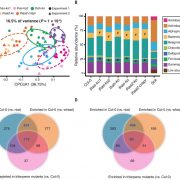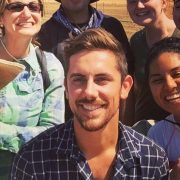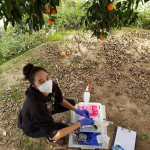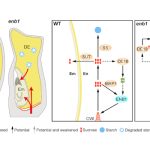URM Plant Scientist Highlights – José Dinenny (he/him)
José Dinneny (he/him) was born in 1978 in Key West, Florida where his parents had taken up an adventurous life of sailing the Caribbean and living on a small sailboat, which had been named “Patches” owing to the many repairs the ship needed. José’s family faced significant hardships when his father was sent to serve a 9-year prison sentence. José and his mother eventually settled in with the Mexican side of his family in greater Los Angeles, where his mother worked as a government accountant. Despite challenging circumstances, José found tremendous inspiration in science and the natural world. Already during his undergraduate studies at Berkeley, José fell in love with bench science, doing research in the lab of Robert Fischer. There, he discovered the JAGGED gene, which controls organ growth in the aerial portion of the plant. With great independence, José continued to characterize JAGGED as an HHMI predoctoral fellow in the labs of Marty Yanofsky at UCSD and Detlef Weigel at Salk. For work as an NIH Ruth Kirschstein postdoctoral fellow with Philip Benfey at Duke, José turned to systems biology in the root, which has remained the foundation of the studies in his own group, first at the Temasek Lifesciences Laboratory in Singapore (2008-2013), then at the Carnegie Institution in Palo Alto (2011-2017), and now at Stanford University, where José is a tenured Associate Professor.
At the center of José’s research program is a focus on plant stress response and resilience, of utmost importance in a time of global change, and having direct bearing on the engineering of plants that make the most out of limited water resources. His lab is combining an impressive array of approaches, from sophisticated whole-plant imaging to cutting-edge computational models as well as deep phylogenomics. José and his team have already discovered a mechanical pathway for sensing of cellular damage inflicted by excessive salinity, they have figured out how roots capture water – one would naïvely assume this to have been known for a long time, when in fact it has not been –, and they have used computational models to learn how plants monitor water availability. Many of José’s papers richly illustrate his ingenuity.
José is, however, much more than just a world-class scientist: he is also a fantastic mentor. His advisees have done extremely well; two notable examples are Jenn Brophy at Stanford and Jazz Dickenson at UCSD. The citation for his recent election as Fellow of the American Association for the Advancement of Science captured this perfectly: “For outstanding contributions towards understanding adaptive mechanisms of root growth and commitment to educating and mentoring future scientists.”
Not to be ignored is that José has also been teaching us how to become better at science outreach, for example, as lead author of a white paper that serves as an excellent guide for outreach efforts. Finally, not only has he become an important voice for a rational approach to science when it comes to agricultural biotechnology, but José is also very serious about the climate crisis and what plant science can do to mitigate it.
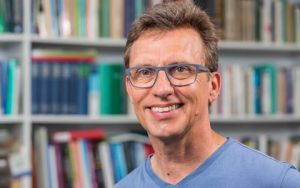 This bio was authored by Detlef Weigel. Detlef is a professor and the director of the Weigel Lab at the Max Planck Institute for Biology Tübingen. His lab is focused on molecular mechanisms and the evolution of adaptive traits. He is an elected member of the US National Academy of Sciences, the Royal Society, the German National Academy of Sciences and EMBO.
This bio was authored by Detlef Weigel. Detlef is a professor and the director of the Weigel Lab at the Max Planck Institute for Biology Tübingen. His lab is focused on molecular mechanisms and the evolution of adaptive traits. He is an elected member of the US National Academy of Sciences, the Royal Society, the German National Academy of Sciences and EMBO.


